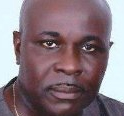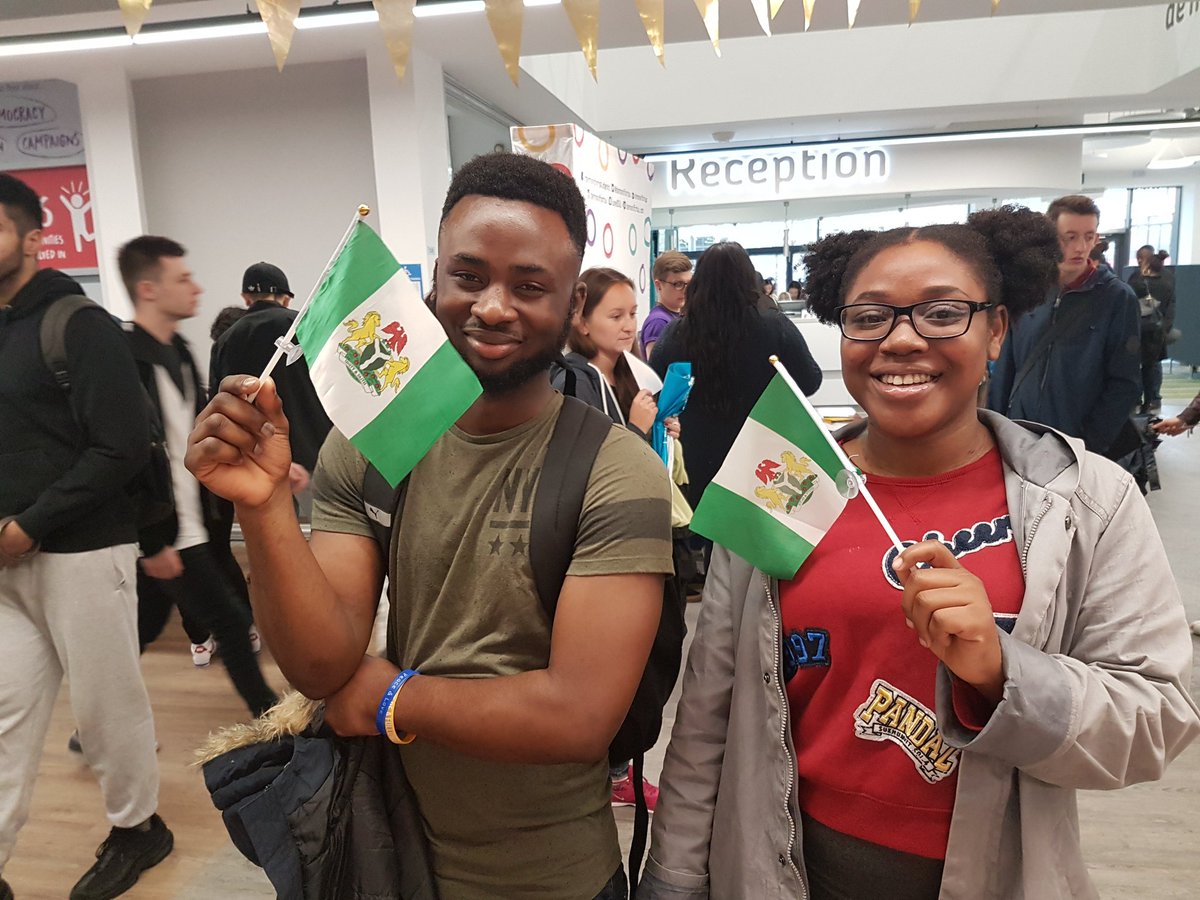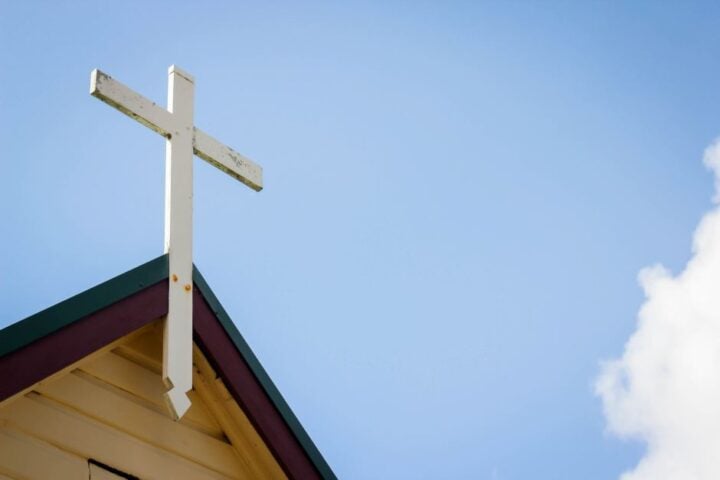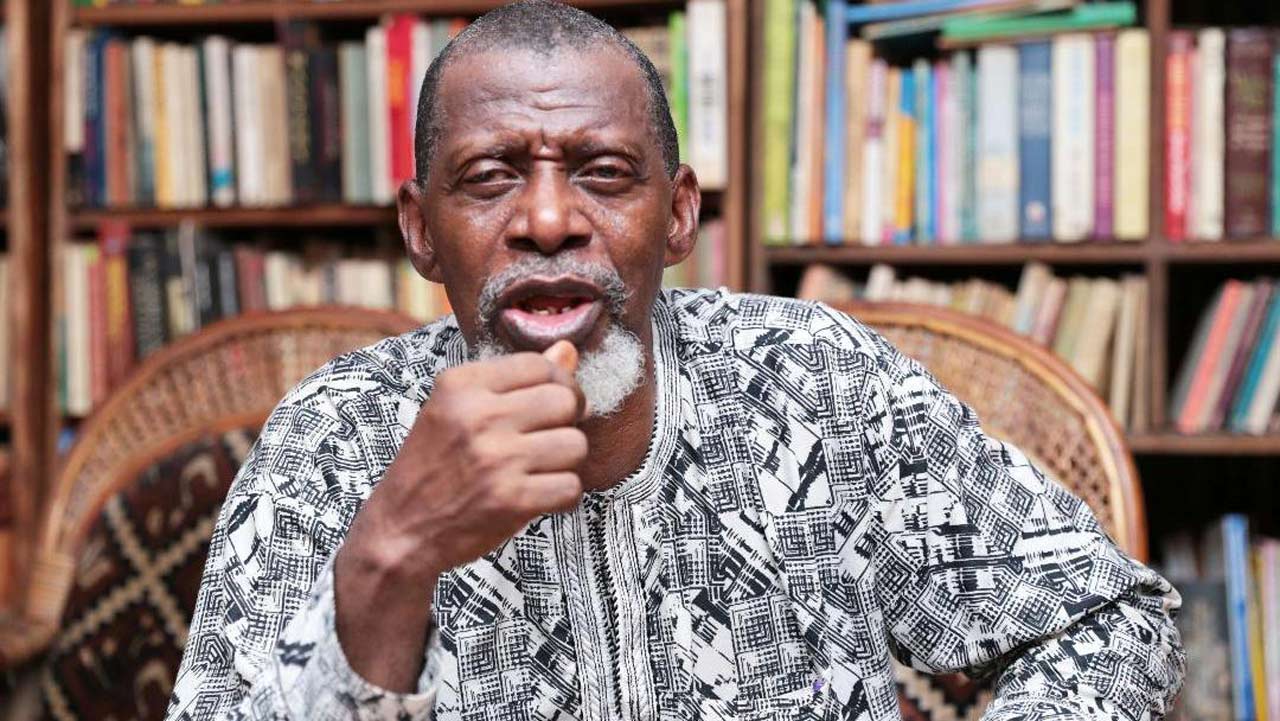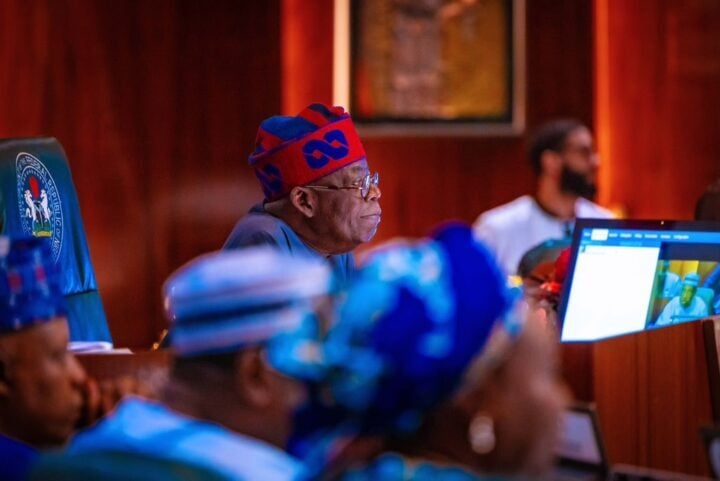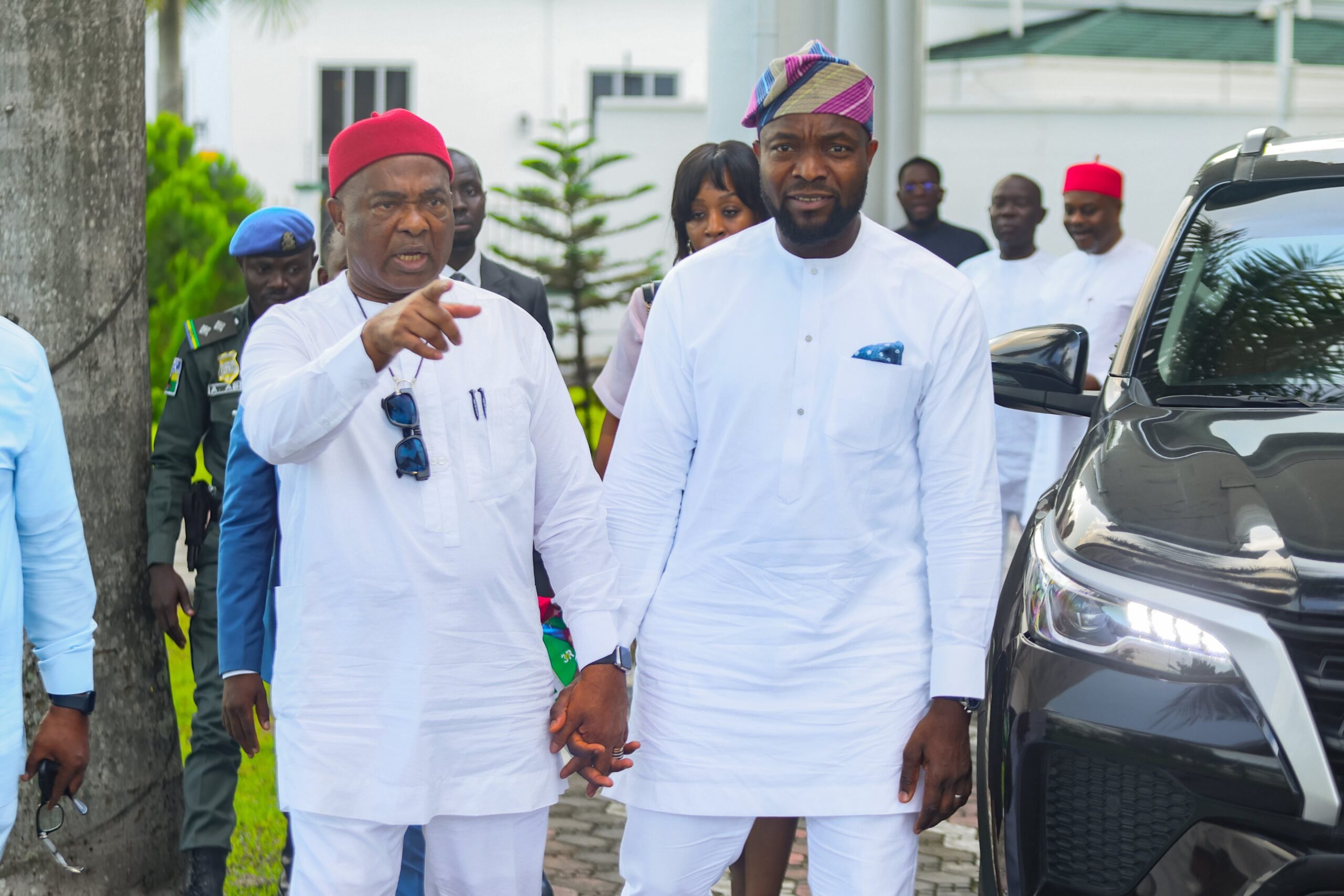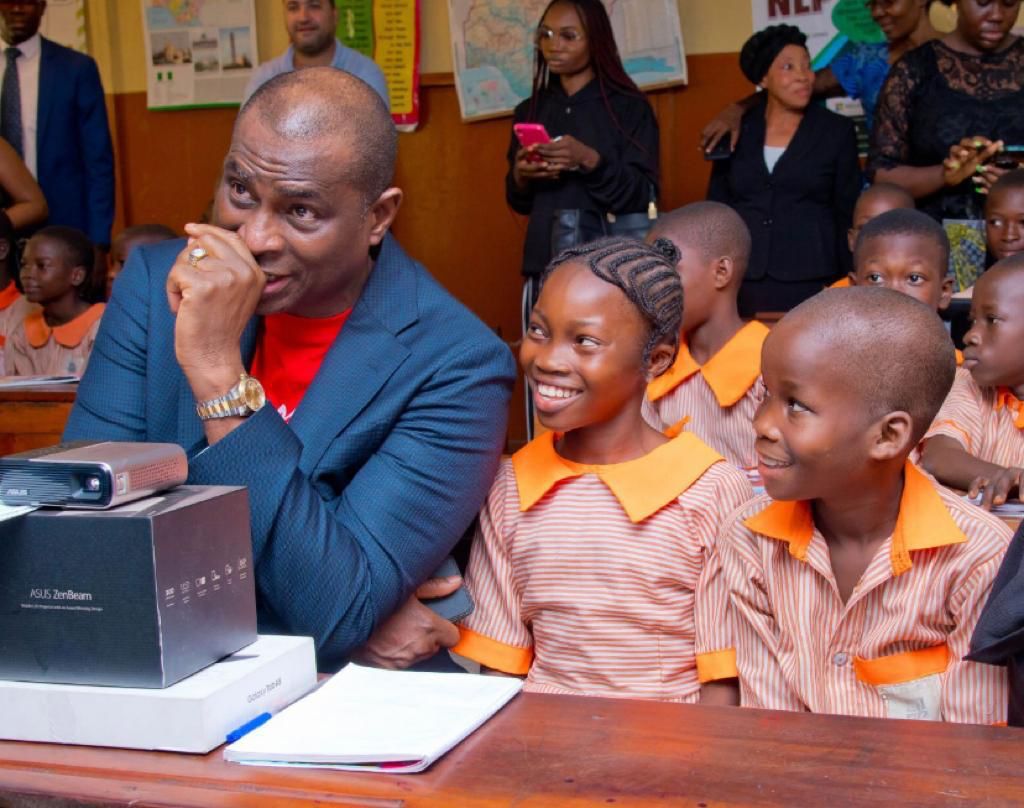As Nigeria celebrated its 63rd independence anniversary on Sunday, 1 October 2023, there seemed to be a consensus that we are not where we ought to be either in the nation-building process or with respect to economic development. While many wondered whether there was anything to celebrate at all (other than that we have somehow managed to be together all these years despite the challenges), others felt we would have fared better if the different nationalities that were brought together to form the Nigerian State in 1914 were allowed to continue on their autochthonous path of development.
The idea that there is nothing else to celebrate other than our managing to be together for these past 63 years is to take pessimism too far. Certainly we have made some progress on all fronts – from the revolution in telecoms to a Nigerian firm (Dangote) achieving the status of a multinational corporation, to the emergence of an indigenous motor manufacturing company (Innoson Motors), to the country having a Nobel Laureate in Literature and to the global mainstreaming of the accomplishments of our entertainment artists in music and films. On nationhood, the rate of inter-ethnic marriages and friendships have continued to grow. In fact, the idea that the separate nationalities that were agglomerated into one entity in 1914 could have done better if they had continued on their individual paths to development is purely academic. The truth however is that if these nationalities were as powerful and successful as we often make them to be, they would not have been easily conquered and pacified by a few White men as was the case in most pre-colonial entities that fused to become Nigeria. Besides, that a nation has a homogeneity of culture and language is no guarantee that they will build a successful nation-state as the case of Somalia illustrates.
I align myself with the position that despite modest gains on several fronts, we are not where we ought to be. This leads logically to what is really the problem with the country.
In a Daily Trust article of 30 July 2015, I interrogated four popular diagnoses of the Nigerian condition – corruption, leadership, weak institutions and insecurity and concluded that neither of these was the fundamental problem of the country. On the corruption mantra, I argued that while I accept that corruption is a serious issue, it is merely the symptom of a more fundamental malaise and that it would be wrong to elevate the institutional manifestations of a problem to its defining characteristic. I contended that corruption is a systemic problem that is exacerbated in climes where the nation-building process has manifestly failed – as in Somalia or engulfed in deep crisis – as in Nigeria and several other African countries. My opinion was that if we were right about our diagnoses of the causes of corruption and prognoses for action, then the incidence of corruption would be reducing and not be increasing as it seems to be doing now despite the existence of institutions like the EFCC and the ICPC and the fact that every government in the country has made fighting the malaise one of the cornerstones of its administration.
Advertisement
I also interrogated the ‘failure of leadership’ argument, which was popularized by Chinua Achebe’s slim booklet, The Trouble With Nigeria, (originally published in 1983). In that booklet, Achebe argued that the “trouble with Nigeria is simply and squarely a failure of leadership.” In essence for Achebe and others who argue within this framework, Nigeria has continued to underperform simply because she has been unfortunate to be cursed by a recurrent blizzard of mediocre and corrupt leadership. I pointed out that one of the problems with the ‘failure of leadership’ argument is the neglect of the influence of environmental variables – what we call the ‘Nigerian factor’ or political scientists would call system dynamics. I pointed out that there is often a wrong assumption that the environmental variables will lend themselves to whichever way the leader wants to manipulate them. There is also the problem of how this ‘good leader’ would emerge in an environment where one’s ethnic and other primordial identities already condemns everyone as a suspect.
On the ‘Africa needs strong institutions, not strong men’ rhetoric, I argued that since institutions necessarily have to be built by people, and since the environmental variables seriously constrain leaders, building strong institutions in a country like Nigeria will be akin to the chicken and egg argument.
On insecurity, my position was that while no one should trivialize the security challenges in the country, it cannot be the fundamental problem of the country. I felt it was an overstatement to say that insecurity inhibits foreign direct investment because capital smells opportunity for accumulation and often moves into areas where it can reproduce itself – often regardless of the security situation there.
Advertisement
My main contention was that the fundamental problem in the country is the crisis in the country’s nation-building. This perspective assumes that diversity is not inherently antithetical to nation-building because many of the most successful nations of the world were in fact built from an agglomeration of different ethnic nationalities. As the experience of Somalia teaches us, ethnic and cultural homogeneity does not necessarily guarantee the success of nation-building – defined as a deliberate use of state instruments to build trust and create a sense of community among the nationalities that make up the ‘new’ states in the ‘developing’ countries. I argued that the nation-building process in Nigeria appears to have stalled, if not in severe crisis, and that this feeds into the crisis of underdevelopment to create an existential crisis for many Nigerians. For many people, a way of resolving the consequent sense of alienation appears to be to delink from the Nigerian state into primordial identities – often with the Nigerian state as the enemy. I have elsewhere called this phenomenon a de-Nigerianization process. I strongly believe that unless the crisis in our nation-building is resolved, any solution thrown at any of the country’s multifarious problems will end up becoming part of the problems.
I feel that the nature of our politics, (in which elections are conducted every four years), exacerbates the crisis in our nation-building process. Not only is politics seen as a veritable vehicle of wealth accumulation, there is also a pervasive fear that whoever captures state power will use it to privilege his or her in-group and disadvantage the others. For this, politics tends to be anarchic and almost a warfare, in which all forms of primordial identities, including ethnicity and religion, are mobilized in a simplistic binary of ‘we versus they’ dichotomy. Elections therefore deepen the chasms in our fault lines and the wounds from one election cycles are not given enough time to heal before another election cycle beckons. For this I strongly feel that the Western brand of liberal democracy is unlikely to work in our environment and that we need a uniquely African solution. This is where I feel that we need to urgently re-imagine our politics. I do not agree with those who argue that our problem is fundamentally the economy because economic policies themselves are decided through the political process.
Since the fear of being excluded and marginalized is at the heart of the contentious nature of our politics, I will recommend a collegial presidency in which one candidate is elected from each of the six geopolitical zones, with each of the six persons elected into the College taking turns to serve as president of the College for two non-renewable years, while others become Vice Presidents responsible for constitutionally specified duties. I will also recommend proportional representation at the State level and a College of Governors, one person from each of the Senatorial Districts. The three will take turn in being governor for two years while the others become Deputy Governors.
Given that we are still living in the shadows of the Civil War and that war propaganda on both sides (with its distortions and embellishments) have apparently been swallowed as the naked truth by the descendants of the parties to the conflict, there will also be a need for a new historiography which will focus on reconciliation, forgiveness and giving proper context to some of those war propagandas. I will support the criminalization of group profiling as is the case in countries like the United Kingdom.
Advertisement
Having a collegial system of presidency with a single tenure of twelve years, will give us a long break from presidential elections (which, besides the cost, have lost their value as credible vehicles for leadership recruitment).
Jideofor Adibe is Professor of Political Science and International Relations at Nasarawa State University, Keffi and Extraordinary Professor of Government Studies at North Western University, Mafikeng South Africa. He is also the founder of Adonis & Abbey Publishers and can be reached at 0705 807 8841(Text or WhatsApp only).
Views expressed by contributors are strictly personal and not of TheCable.
Add a comment
